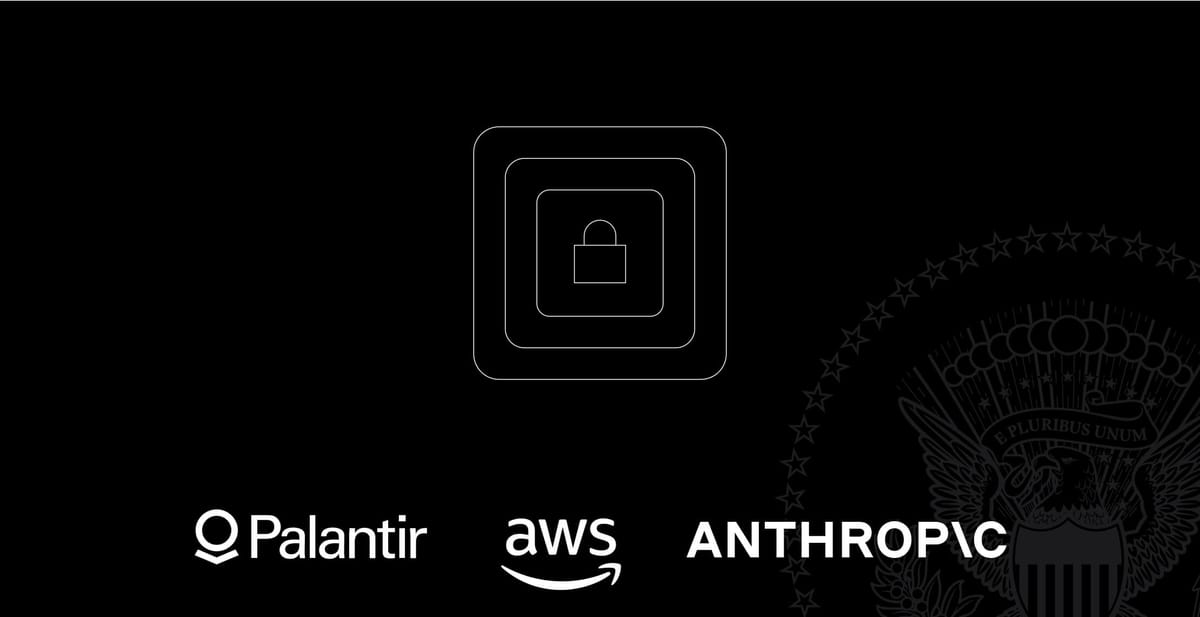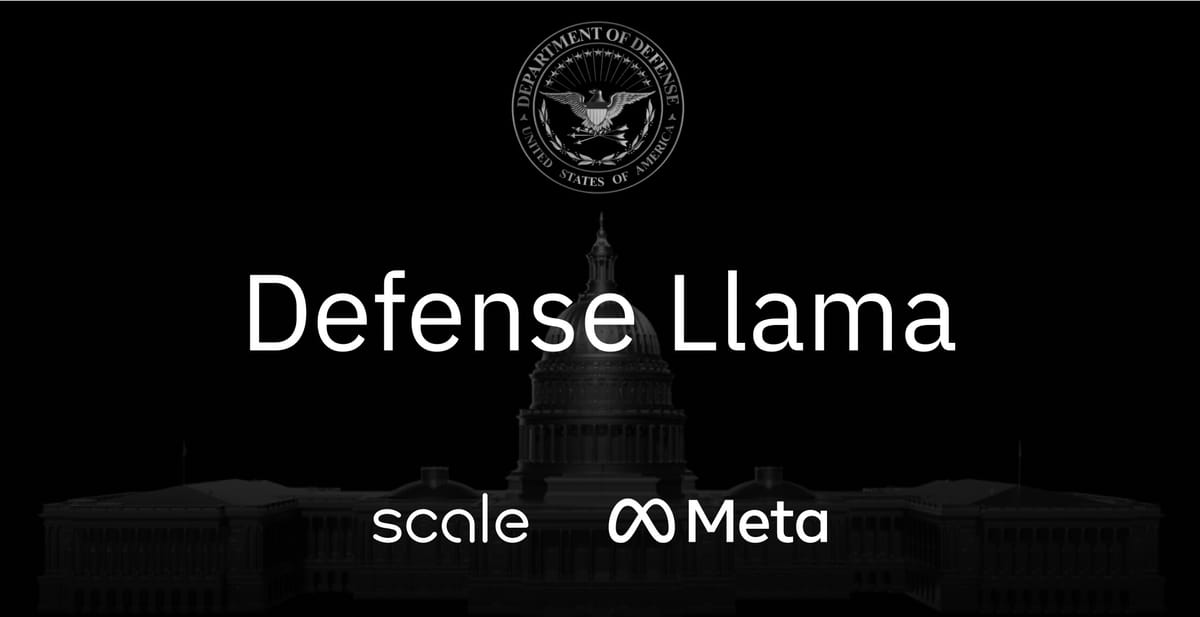
Anthropic announced Thursday that it is partnering with Palantir Technologies and Amazon Web Services (AWS) to provide U.S. intelligence and defense agencies access to its Claude 3 and 3.5 family of AI models. The collaboration aims to bolster the operational capabilities of defense and intelligence services by integrating Claude into Palantir's AI Platform (AIP), utilizing AWS to deliver secure hosting.
The announcement comes as more AI vendors are striking strategic deals with U.S. defense customers, eyeing both fiscal opportunities and a deeper role in national security. Meta, for example, recently announced that its Llama models are now available to defense partners, while OpenAI is actively seeking closer collaboration with the U.S. Department of Defense.
Anthropic’s collaboration with Palantir and AWS is designed to bring Claude's capabilities into Palantir's defense-accredited environment, Impact Level 6 (IL6). IL6 is a high level security classification used by the U.S. Department of Defense, reserved for systems that manage data critical to national security and require maximum protection. This level of accreditation ensures that these AI tools adhere to strict standards for data protection, integrity, and resistance to unauthorized access.
“Our partnership with Anthropic and AWS provides U.S. defense and intelligence communities the tool chain they need to harness and deploy AI models securely, bringing the next generation of decision advantage to their most critical missions,” said Shyam Sankar, Chief Technology Officer of Palantir.
The integration means Claude is not just theoretically available but now functional within the Defense Department’s accredited ecosystem. This includes leveraging Amazon SageMaker to manage deployments, hosted on AWS-backed IL6 infrastructure. For Palantir and AWS, achieving IL6 accreditation required meeting some of the strictest security standards, placing them among a select few companies certified for such environments.
The collaboration is expected to significantly enhance the capabilities of U.S. defense agencies in a range of operations—from rapid data analysis to pattern recognition and decision-making. Kate Earle Jensen, Anthropic's Head of Sales and Partnerships, emphasized how these capabilities could improve efficiency in time-sensitive government tasks. “We’re proud to be at the forefront of bringing responsible AI solutions to U.S. classified environments, enhancing analytical capabilities and operational efficiencies in vital government operations,” she said.
The AI integration doesn’t just mean the tools are available—it means Claude is actively being embedded into workflows to solve complex problems in a classified setting. The technology is aimed at transforming how defense officials process vast amounts of information, streamline document preparation, and support better decision-making processes, ultimately offering a leap forward in national security capabilities.
The Defense Department’s use of Claude through Palantir's AIP highlights a broader trend: AI's expanding footprint in public sector operations, particularly those involving national security. This is a continuation of moves by other AI vendors, with Meta and OpenAI both making strides to bring their technologies to government and defense sectors in recent months.

Dave Levy, VP of Worldwide Public Sector at AWS, added that this partnership demonstrates a commitment to offering “secure, innovative, and comprehensive” AI capabilities for public sector customers. It's a clear indication that companies like Anthropic, Palantir, and AWS are looking to carve out their roles as key technology partners for government entities navigating an increasingly complex security landscape.


